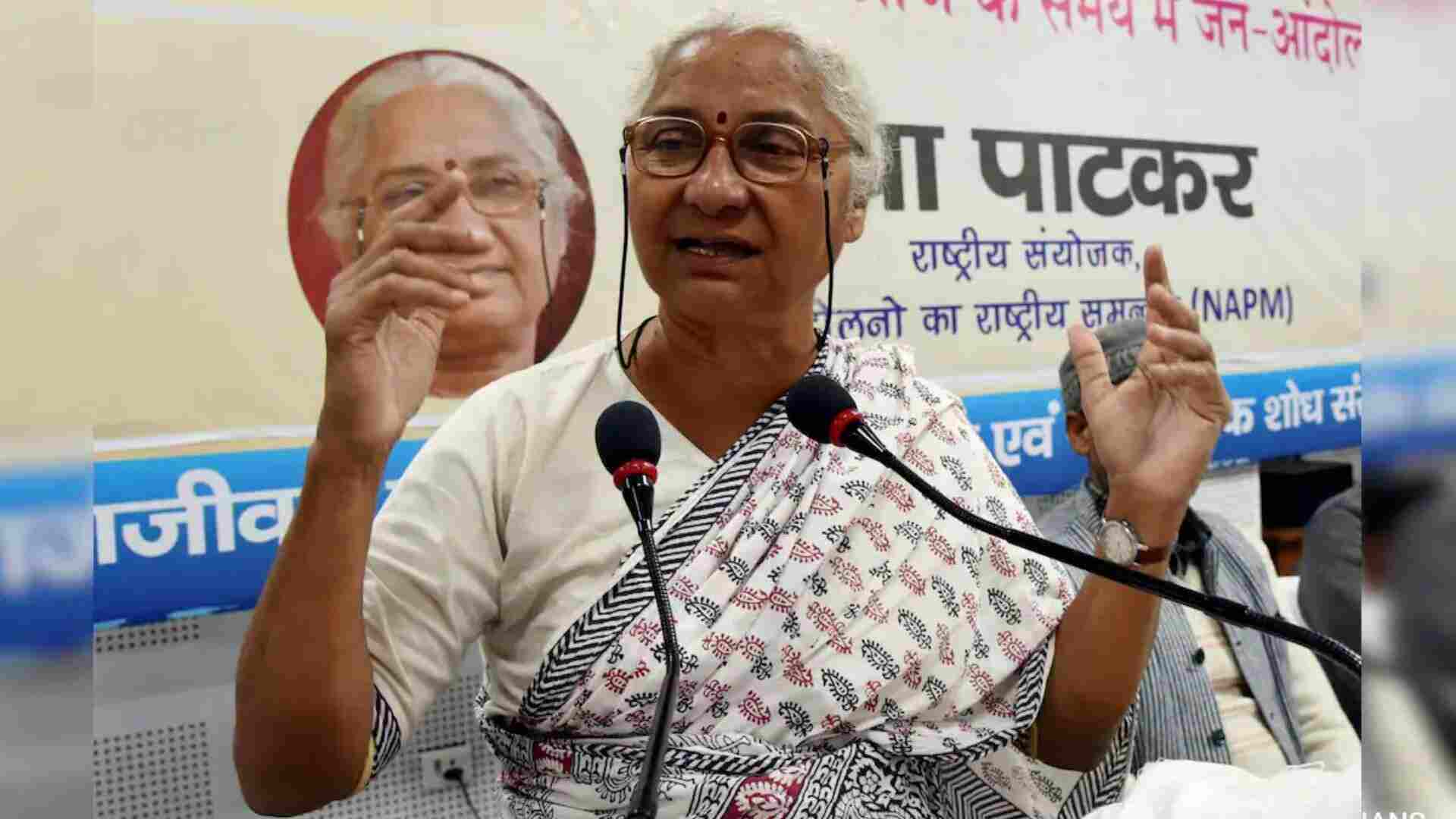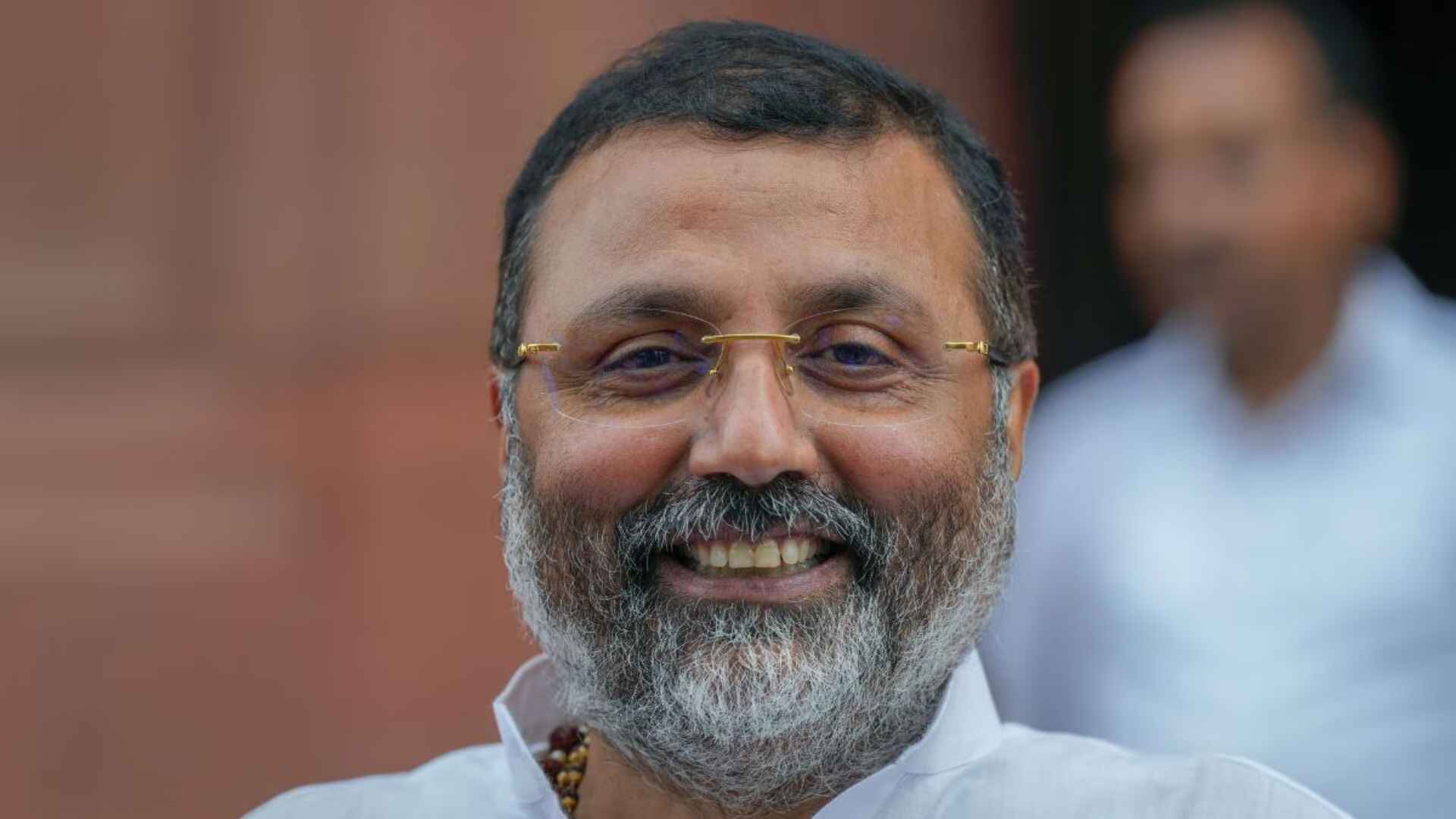Not just male doctors but female doctors too stepped up during the coronavirus pandemic at the cost of their own well-being and mental health for the welfare of the patients. While dealing with the pandemic for almost an year now, they have realised the need to take care of themselves is as crucial as it is to treat and care for their patients. The lady doctors gave us a peek into the issues they face while being on Covid duty and how they fight the fears at home.





The thought that by going for a job, I was potentially endangering my family at home, an ageing mother, and a small child, was terrifying
When the Covid-19 cases started rising in 2020, the fear and apprehension were palpable, it was in the air, and as much as we train ourselves to turn off the noise before we go home, it just wasn’t possible this time. The thought that by going to do a job that was an essential service, I was potentially endangering my family at home, an ageing mother and a small child, was terrifying. But we had a strong department and great co-workers who understood that as women, we now have the added responsibilities of online schools and housework, in addition to longer hours at work and emergency calls. Chores like cleaning, sanitisation, and cooking was sometimes overwhelming. It was at this time that another woman physician told me something that will stay with me: Imagine that life is like juggling two types of balls, some are rubber, and some are glass. Learn how to let the rubber ones fall as they will bounce back but hold on to the glass ones, take time and energy to keep them from breaking. For me, one of those glass balls was my mental health and peace of mind. I learned to identify small things that gave me peace. It was a small haven of normalcy where I didn’t have to think about Covid or the fear, apprehension, and sadness that came with being a first-hand witness to its effects on patients and friends in the hospital.
– Dr Lakshmi Vaswani, Assistant Pathologist, Bhatia Hospital, Mumbai
We can’t let our guards down and have to be vigilant
Doctors are at higher risk of contracting Covid-19. To reduce the risk of infection, patients are screened for temperature and signs of respiratory infection before they enter the OPD and they are tested for Covid before admitting them for an operation or a patient procedure. Doctors are wearing gowns, face mask, face shield and are sitting behind plastic screens to keep the person to person contact minimal. Hygiene is maintained and surfaces are cleaned regularly. There is always a risk of infection and we may carry it home and infect our family members.
I maintain social distance, wear a mask and use a hand sanitiser. In the hospital premises, overcrowding is avoided and patients are called on appointed time. After going home I change my hospital clothes, take a bath and then interact with my family. I have received the first dose of vaccine and elderly people also have started getting vaccinated so I hope that things come under control and we can relax a little bit but we can’t let our guards down and have to be vigilant.
– Dr Navneet Kaur, General Physician, Apollo Spectra Hospital, Nehru Enclave, Delhi
We are working hard for the welfare of the patients since last year to control the damage caused by the deadly virus
Coronavirus pandemic wreaked havoc worldwide. Even today, the world continues to battle the virus despite assumptions that “Covid is over”. When the crisis first spread, the frontline healthcare workers faced challenges and apprehensions. Besides coping with coronavirus, we were calming Covid positive patients and their families. We are working hard for the welfare of the patients since last year to control the damage caused by the deadly virus. It has been a war-like situation where the enemy is an invisible force. Along with attending patients we also updated their families via video conferencing.
In all this chaos, we needed to take utmost care of ourselves as the risk of catching the infection and infecting the family loomed over us. We worked straight for 14-15 hours while wearing PPE kits. Some of us had to even shift to solitary accommodations to ensure the safety of our family and take rest. To reduce the risk of transmission we had to quarantine ourselves. We took safety measures like sanitisation of the house, wearing a mask at home, and maintaining a safe distance from family. Many of my colleagues including me are Covid warriors, we kept on serving society and helping people get back on track.
The government, healthcare workers, and scientists showed their resilience in the face of the pandemic. Without the tireless work of the vaccine researchers, we wouldn’t be able to get a way out of the global crisis this fast. Slowly, the scenario is improving and we hope for the best. -Dr Manjusha Agarwal, Internal Medicine Expert, Global Hospital, Mumbai
Our only focus is to provide uninterrupted medical care to the patients
India is fighting the Covid-19 crisis for over a year now but the situation has improved when compared to the previous year. Doctors encountered challenges during last year like working day and night to control the damage wreaked by the pandemic. We needed to keep a constant check on the patients via telecommunication and video conferencing. Even doctors were under pressure and overwhelmed because of the spurt in the Covid cases. We were gruelling inside their PPEs and eating, drinking, or going to washroom seemed like a task. At times I used to blackout due to the continuous inhaling of my own CO2 in the PPE. Our only focus is to provide uninterrupted medical care to the patients. We feared that we would get infected which kept us away from our family for days.
We continued to give joy by delivering babies during the pandemic. I was fortunate to get good support from my husband and kids and that kept me going through the pandemic. We had to comfort the patient so that he/she doesn’t feel lonely and recover fully. We counselled the patients and helped them beat their postpartum blues. We also supported and took over a lot of our elder doctors workload to keep them safe as they were more vulnerable and being in the right age bracket of having experience but having a bit less vulnerability increased our workload.
I opt for double masking , avoid taking any equipment from the hospital to home, sanitise my hands and the house, and disinfect all the frequently touched surfaces at home. I also exercise and follow healthy eating habits to enhance immunity.
-Dr Surabhi Siddhartha, Consultant, Obstetrician & Gynaecologist, Motherhood Hospital, Kharghar
There’s a constant fear that what if we are bringing the virus to our homes and infecting our children
We have been adversely affected by the pandemic. As the coronavirus outbreak began to infiltrate our daily lives, doctors face daily risks and can’t even take a step back. The challenge is not only to cope with the virus but also to calm the patients affected by the virus. So, like anybody else, we also seek help from family and friends. When we are working, we ensure that we take small breaks in between to unwind ourselves and take a stroll inside the corridor of the hospital even as we adhere to all public health protocols since we are testing Covid samples too.
We have a highly motivated team that makes these tough times bearable. The chances of contracting the infection in us are more as compared to other people but we hardly pay attention to such thoughts and keep doing our work. When we visit home, there is a constant fear that surrounds us what if we are bringing the virus to our homes and infecting our children. That stress is always there. But now our kids have also become equipped with the situation and they don’t come near us till the time we don’t scrub ourselves.
-Dr Gauri Agarwal, Founder, Genestrings Diagnostic Centre and Seeds of Innocence






















